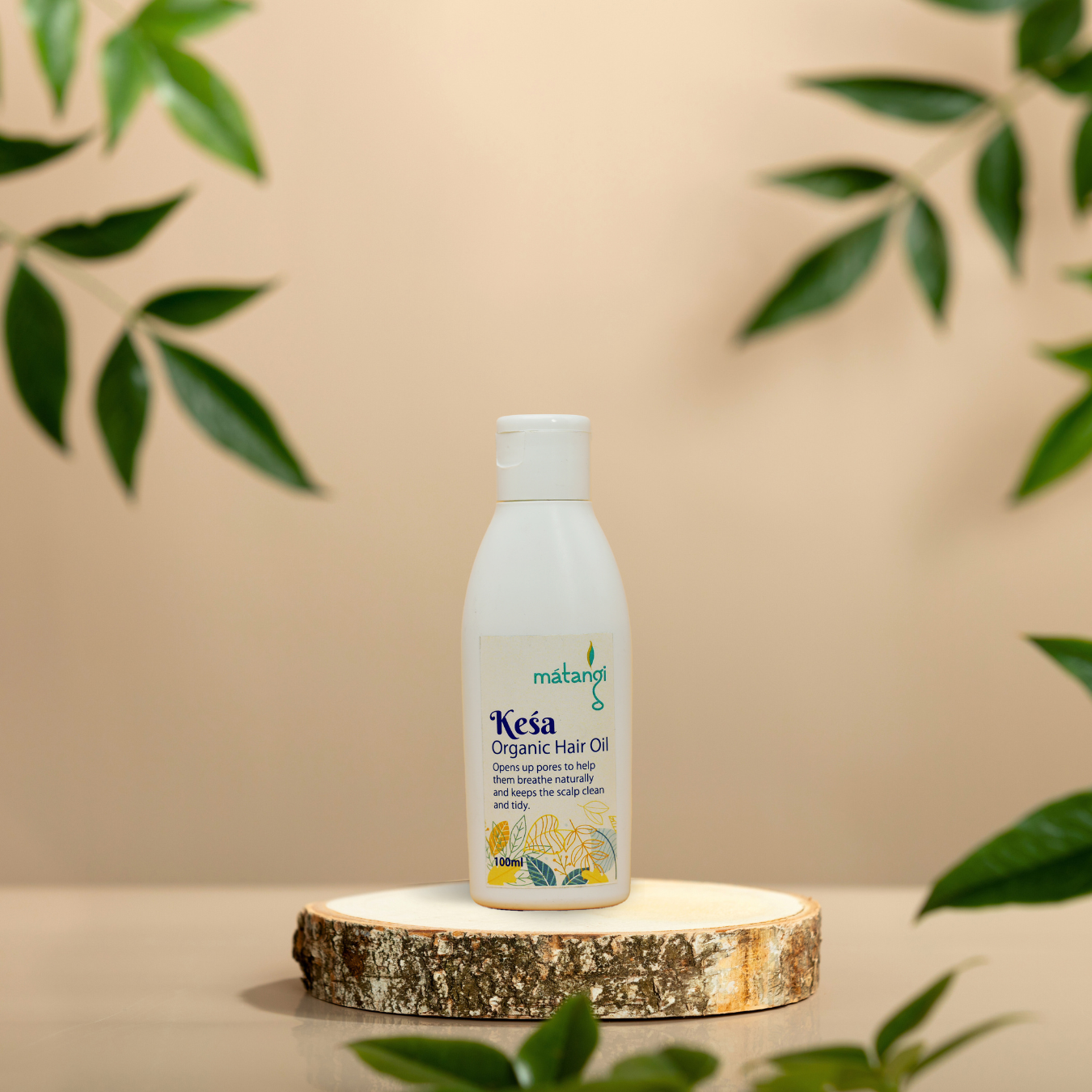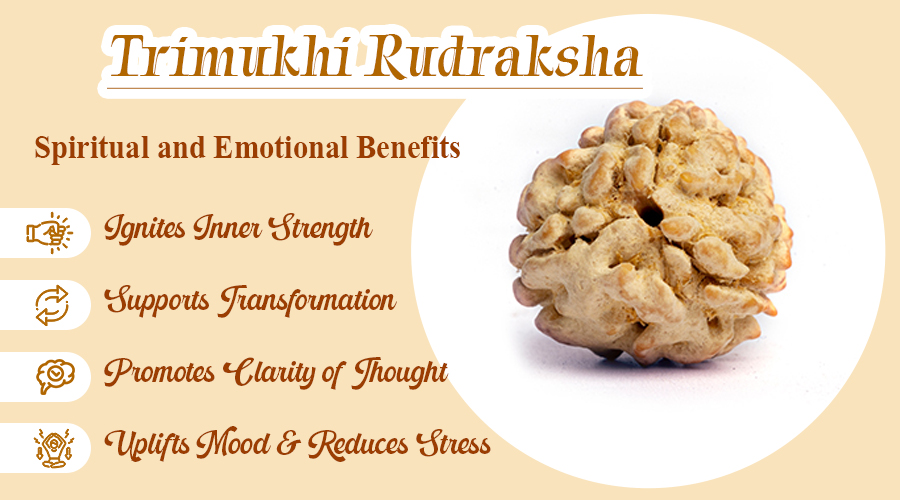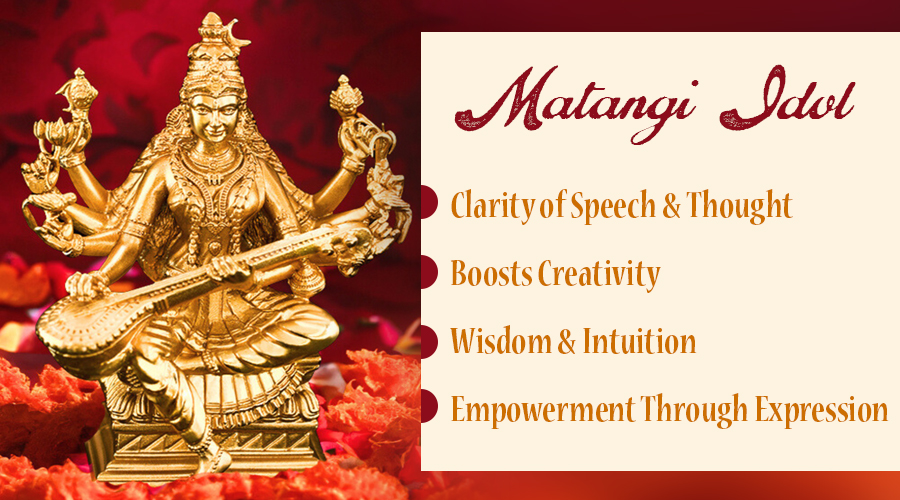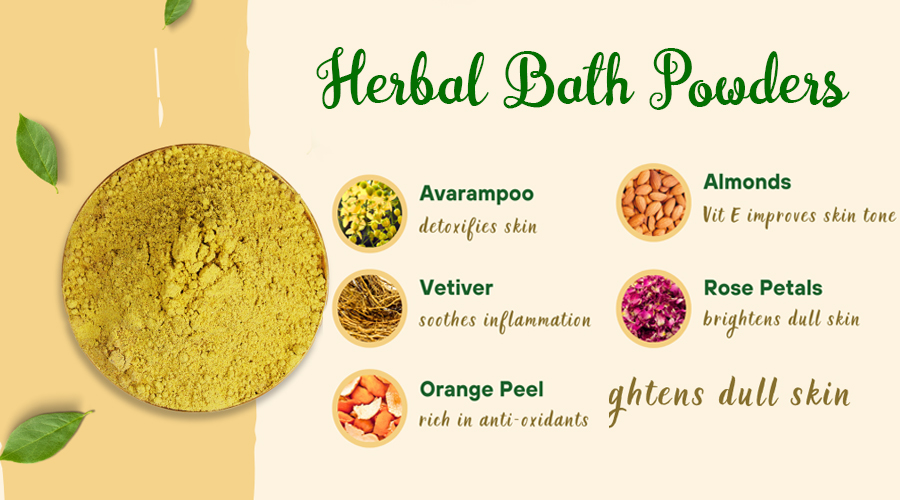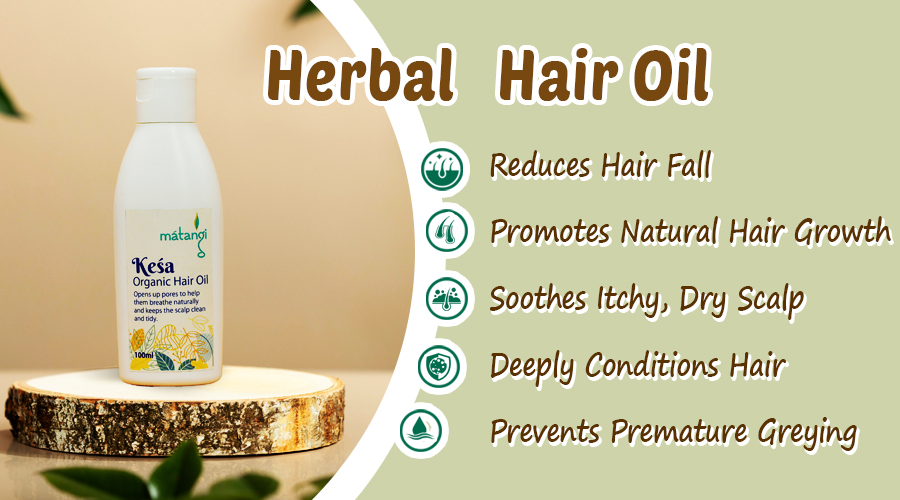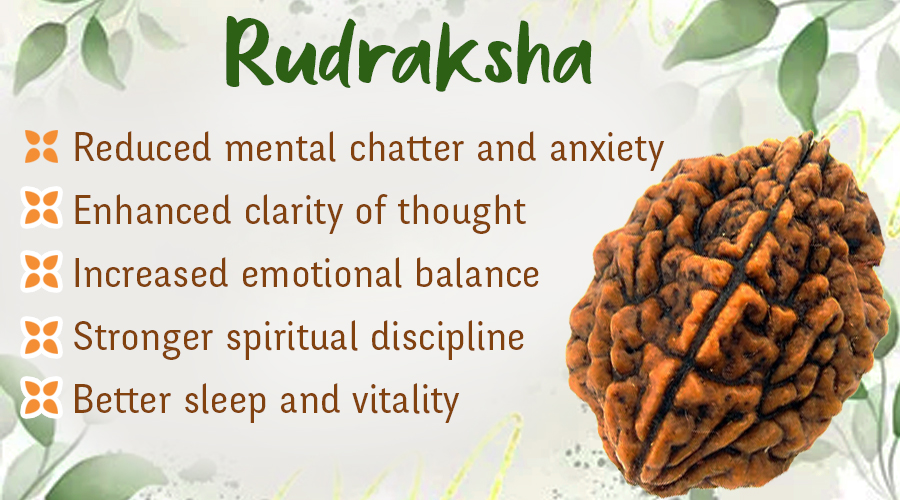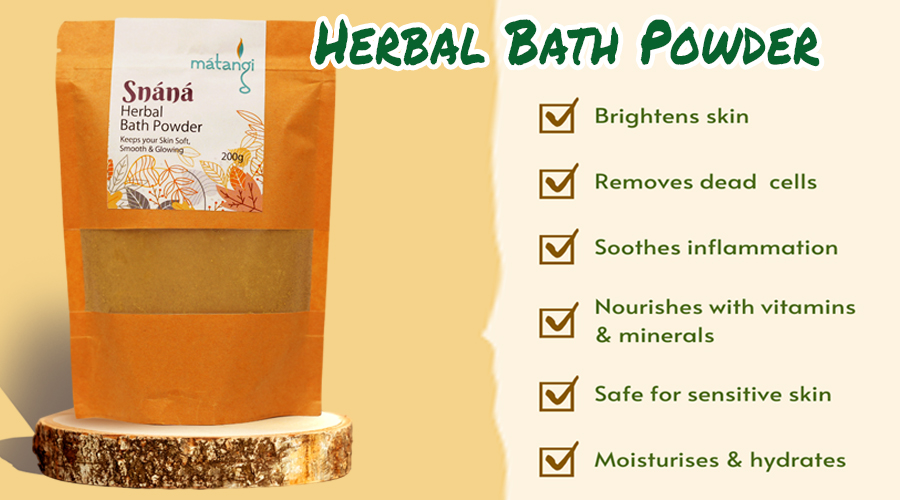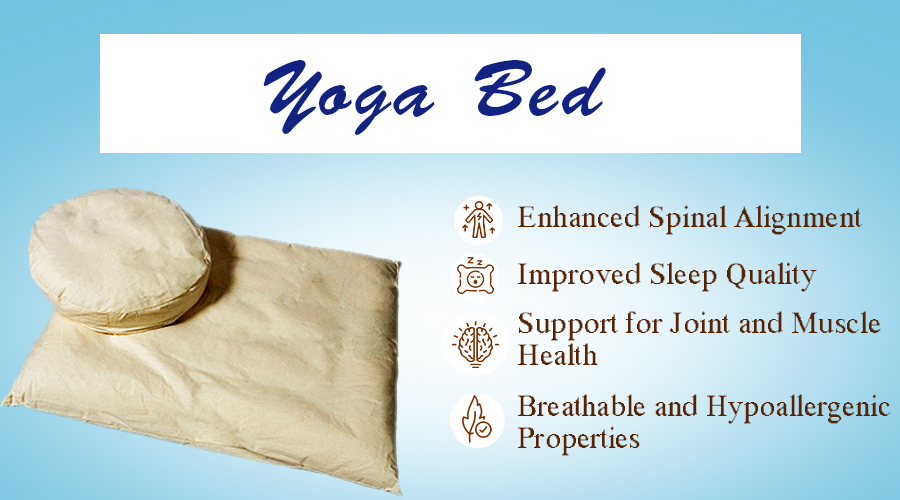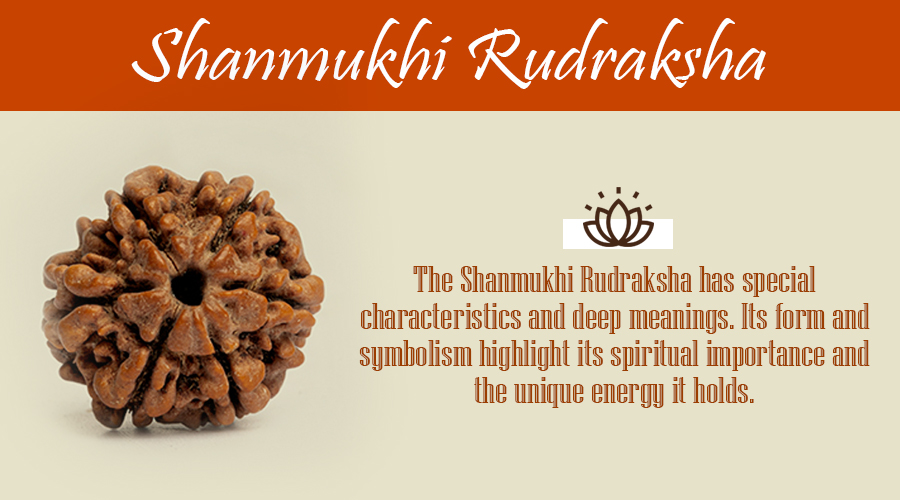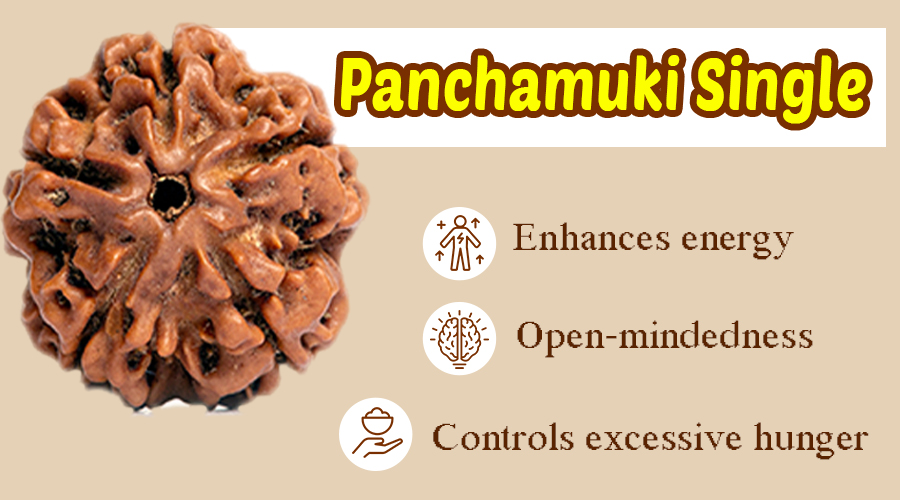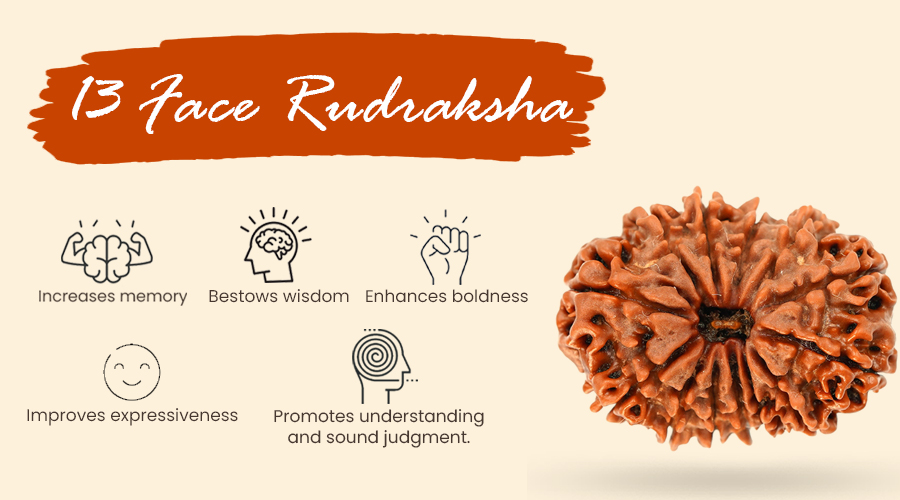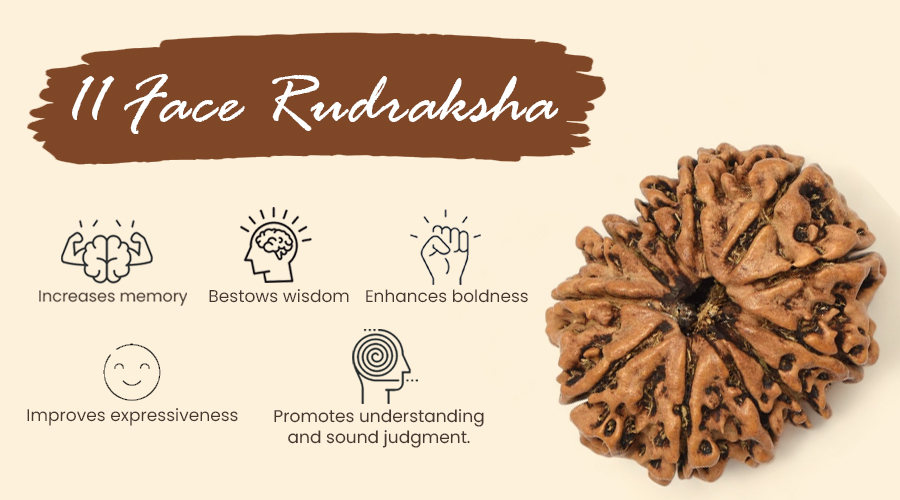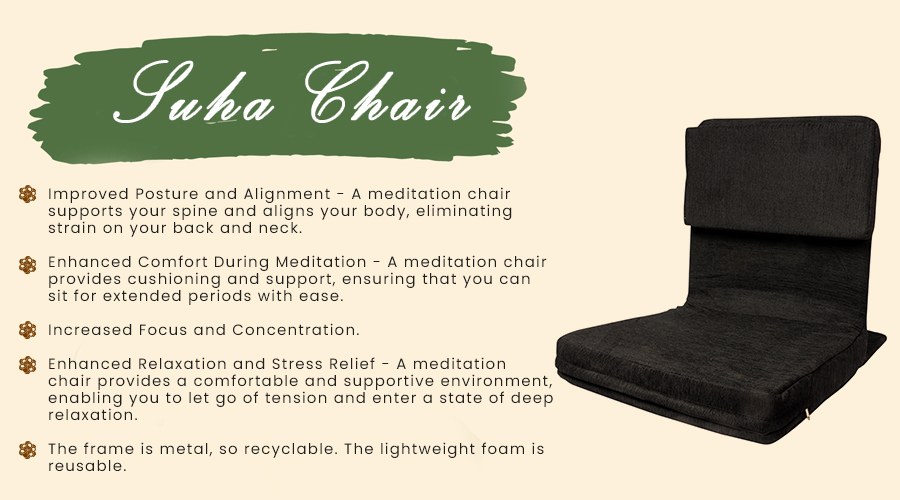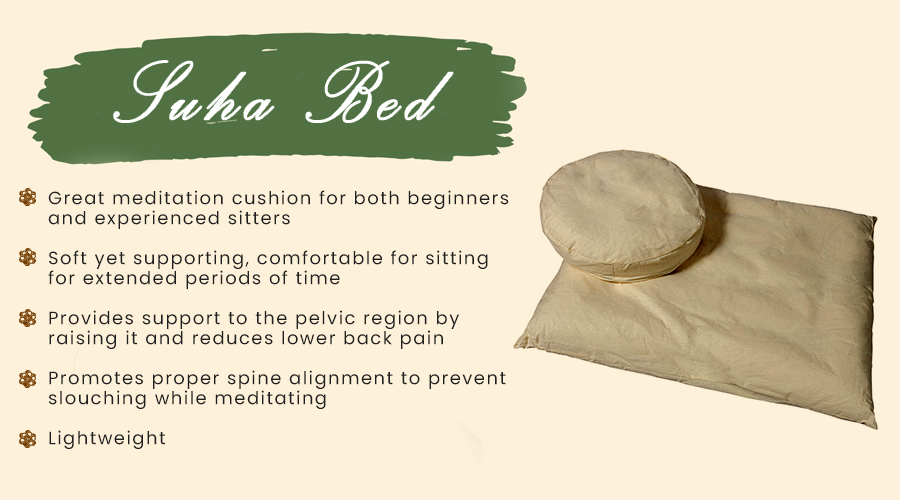
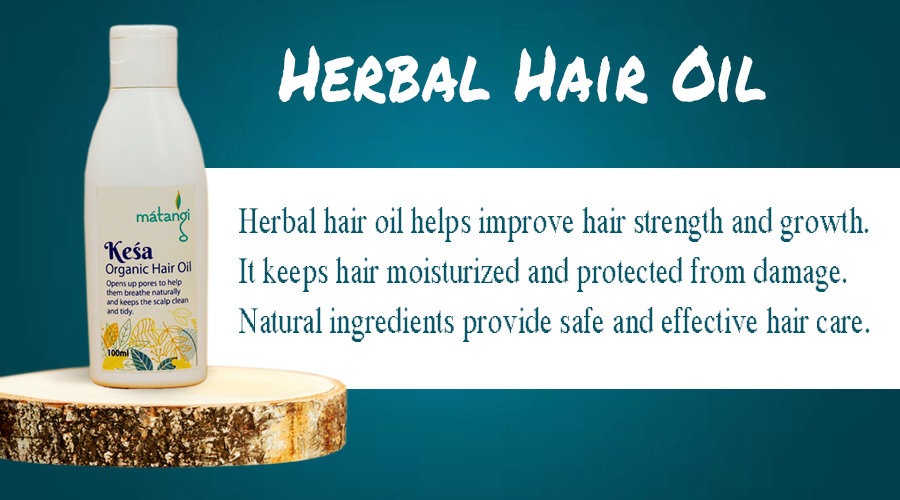
Herbal hair oil offers several benefits that help improve hair health naturally. It nourishes the scalp and strengthens hair, reducing breakage and promoting growth. Many people use herbal oils to keep their hair soft, shiny, and well-moisturized without harsh chemicals.
These oils often contain plant-based ingredients known for their healing and conditioning properties. Using herbal hair oil regularly can help protect hair from damage caused by dryness, pollution, and heat.
People looking for a simple way to care for their hair find herbal oils useful because they combine natural nourishment with easy application. Understanding how to choose and use these oils can make a big difference in achieving healthy hair.
Key Takeaways
- Herbal hair oil helps improve hair strength and growth.
- It keeps hair moisturized and protected from damage.
- Natural ingredients provide safe and effective hair care.
Core Benefits of Herbal Hair Oil
Herbal hair oil offers several advantages that support the health and strength of hair. It works by providing essential nutrients, improving scalp condition, and protecting hair from damage. These effects help maintain thicker, healthier hair over time.
Promotes Hair Growth
Herbal hair oils often contain natural ingredients like amla, bhringraj, and neem, which are known to stimulate hair growth. These herbs increase blood circulation in the scalp, delivering more oxygen and nutrients to hair roots.
This improved blood flow encourages dormant hair follicles to become active again. Regular use of herbal hair oil can speed up hair growth and help hair grow thicker.
Reduces Hair Fall
Many herbal oils have anti-inflammatory and antioxidant properties. These help reduce scalp irritation, dandruff, and infections, which are common causes of hair fall.
Ingredients like hibiscus and fenugreek strengthen weak hair strands and make them less likely to break or fall out. Using herbal hair oil consistently can reduce hair loss caused by dryness or scalp problems.
Strengthens Hair Follicles
The natural vitamins and minerals in herbal hair oil nourish hair follicles deeply. This nourishment helps prevent hair strands from becoming brittle and breaking.
Herbs such as bhringraj and amla provide proteins and antioxidants that reinforce the hair shaft and root. Strong follicles lead to healthier, more resilient hair.
Improves Scalp Health
Herbal oils support a clean, balanced scalp environment. They control excess oil production and soothe inflammation, which reduces itching and flakiness.
Neem and tea tree oil are common herbal elements used for their antimicrobial effects. A healthy scalp reduces hair problems and creates a better foundation for hair growth.
Nourishment and Moisturizing Effects
Herbal hair oils supply essential nutrients directly to the scalp and hair strands. They work to maintain moisture levels and improve the natural condition of the hair by strengthening and softening it.
Prevents Dryness
Herbal hair oils contain natural ingredients like amla, coconut, and neem, which help lock in moisture. These oils create a protective layer that reduces water loss from the hair shaft and scalp.
Dryness often leads to split ends and breakage. Regular application of herbal oils can reduce these problems by keeping the hair hydrated.
The oils also soothe the scalp, preventing flakiness and irritation caused by dryness. This helps maintain a healthy environment for hair to grow.
Enhances Hair Texture
Using herbal hair oil improves hair softness by penetrating deep into the hair fibers. Ingredients like bhringraj and hibiscus add strength and shine without making hair greasy.
Hair becomes smoother and easier to manage with regular use. Oils help reduce frizz and improve the overall appearance by sealing the hair cuticle.
The natural compounds in herbal oils also support the repair of damaged hair, making strands less prone to breakage. This leads to a more uniform and healthy texture over time.
Natural Ingredients and Their Advantages
Herbal hair oils use plant-based ingredients that support hair health. These oils avoid harsh chemicals and focus on natural extracts that nourish the scalp and hair strands deeply.
Botanical Extracts in Herbal Hair Oils
Herbal blends often include **aloe vera**, **rosemary**, **henna**, and **amla**. Aloe vera soothes the scalp and reduces dandruff. Rosemary stimulates hair growth by improving blood flow to hair follicles.
Henna strengthens hair and adds shine, while amla is rich in vitamin C, which helps prevent hair loss and boosts scalp health. These extracts supply vitamins and antioxidants the hair needs to stay healthy and strong.
Many botanical ingredients also have anti-inflammatory properties. This leads to less scalp irritation and supports healthier hair growth over time.
Benefits of Chemical-Free Formulas
Chemical-free herbal hair oils avoid sulfates, parabens, and synthetic fragrances that can dry out hair. These formulas reduce scalp irritation and prevent damage to hair strands.
Without harmful chemicals, hair tends to become softer and more manageable. The natural oils also help lock in moisture, reducing breakage and split ends.
Using a chemical-free product supports the scalp’s natural balance, boosting overall hair health. This makes herbal hair oils a gentle option suited for regular use.
Usage Recommendations and Best Practices
Using herbal hair oil properly helps get the best results. It is important to apply it well and choose the right schedule for your hair type and needs.
Application Methods
Herbal hair oil works best when massaged gently into the scalp. Use your fingertips to spread the oil evenly, focusing on the roots. This helps improve blood flow and absorption.
For longer hair, apply the oil from the roots to the tips to nourish the strands. Avoid using too much, as it can make hair greasy and heavy.
Some prefer warming the oil slightly before application. Warm oil can penetrate the scalp better but should never be too hot to avoid burns.
After applying, leave the oil on for at least 30 minutes. Many choose to keep it overnight for deeper conditioning. Use a shower cap to avoid staining pillows if left longer.
Recommended Frequency
The best frequency depends on hair type and scalp condition. For dry or damaged hair, applying herbal oil 2 to 3 times a week is ideal.
Those with oily scalp should limit application to once or twice weekly to avoid excess oiliness. Overuse can clog pores and cause buildup.
For normal hair, once or twice a week is enough to maintain healthy scalp and shine.
Adjust the frequency based on response. If the scalp feels heavy or oily, reduce how often the oil is used. If hair remains dry, applying more often can help.
Choosing High-Quality Herbal Hair Oils
Selecting the right herbal hair oil involves focusing on purity, ingredient quality, and trustworthiness. It is essential to look for clear labels, natural components, and responsible companies.
Recognizing Reputable Brands
Reputable brands clearly list all ingredients and avoid using harmful chemicals like parabens and sulfates. They usually source natural herbs and oils from known suppliers and maintain quality through testing.
Look for certifications such as:
- Organic or natural product labels
- Cruelty-free stamps
- Transparent ingredient lists
Customer reviews from verified buyers also help gauge product effectiveness and safety. A clear return or refund policy shows confidence in the product.
Matangi Petals is known for its commitment to natural, organic herbal hair oils. It uses traditional recipes combined with modern quality controls. Their products contain herbs like amla, bhringraj, and neem, which support scalp health.
The company avoids synthetic fragrances and harmful additives. Matangi Petals also provides full ingredient transparency on our packaging and website. Customers often praise their oils for promoting hair strength and shine without irritation.
Copyright © 2024. All right reserved Matangi Petals.



